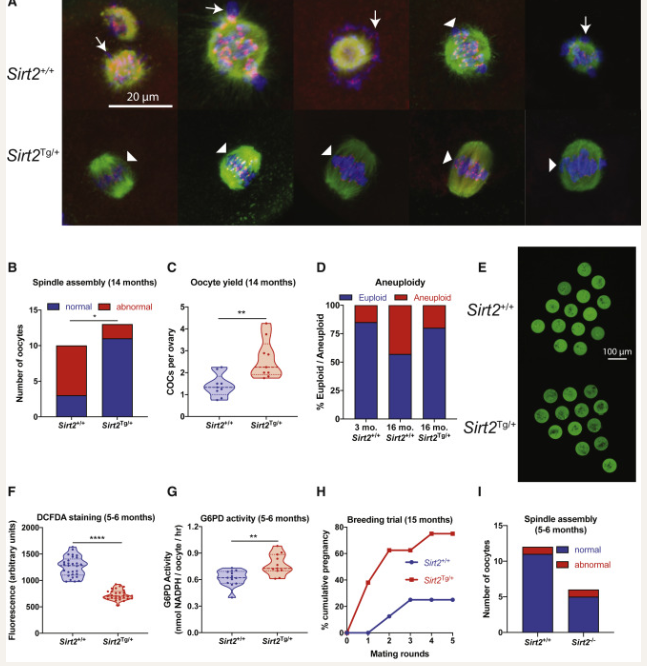
Researchers have lifted fertility rates in older female mice with small doses of a metabolic compound that reverses the aging process in eggs, offering hope for some women struggling to conceive.
The University of Queensland study found a non-invasive treatment could maintain or restore the quality and number of eggs and alleviate the biggest barrier to pregnancy for older women.
A team led by UQ’s Professor Hayden Homer found the loss of egg quality through aging was due to lower levels of a particular molecule in cells critical for generating energy.
“Quality eggs are essential for pregnancy success because they provide virtually all the building blocks required by an embryo,” Professor Homer said.
“We investigated whether...
Read More








Recent Comments